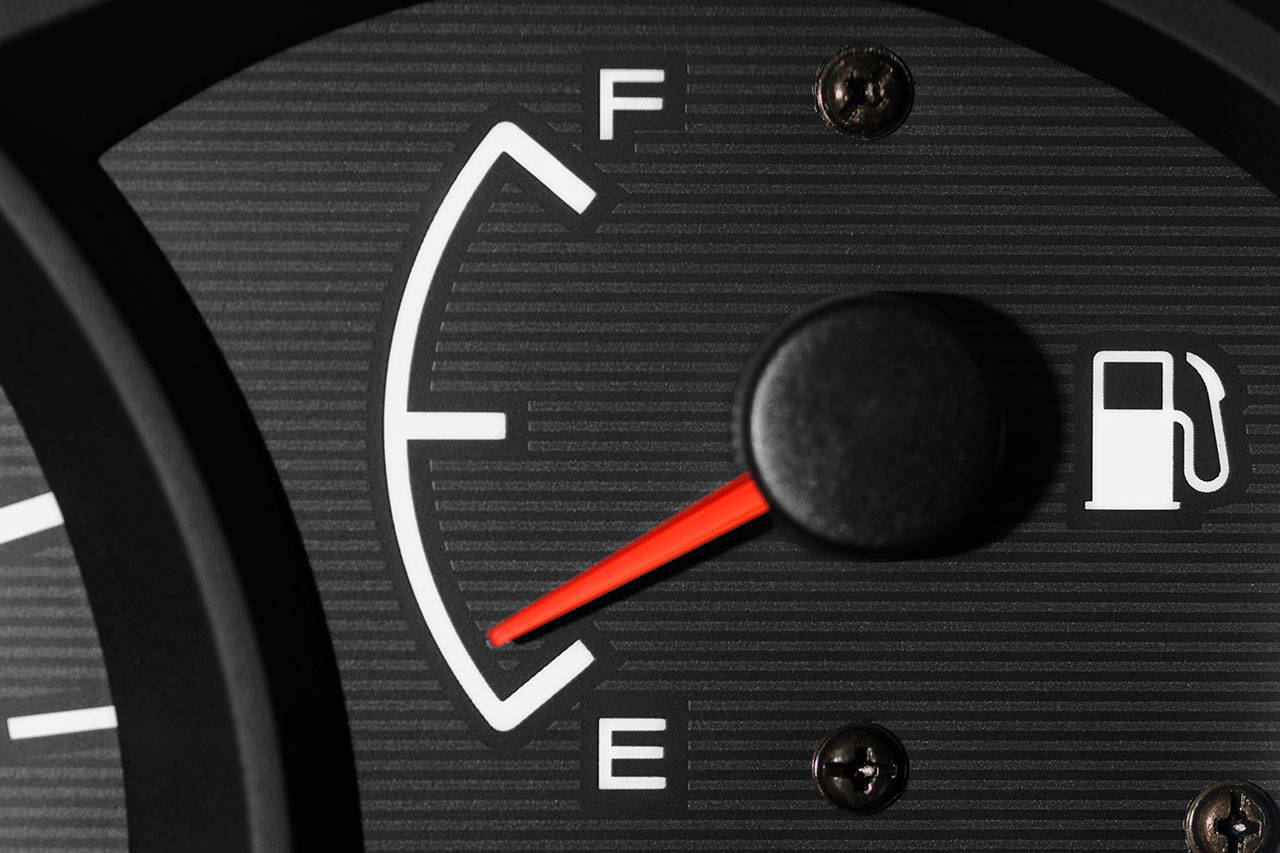By The Herald Editorial Board
Washington state’s decision makers still have a few miles to go before they’ll have to decide whether to take an exit marked “Road Usage Charge” or continue down the road funded by a state gas tax.
There’s growing certainty, however, that what the state collects from its gas tax in coming years won’t be sufficient to provide the greatest share of revenue for the state’s highways, roads, bridges, ferries and other transportation infrastructure.
As most vehicles become more fuel-efficient and more drivers switch to hybrid-electric and full-electric vehicles, less gasoline and diesel is being consumed and with that decline — even at 49.4 cents a gallon, the nation’s third highest gas tax — revenue to replace and maintain that infrastructure is diminishing.
That trend may be about to accelerate. As of 2015, traditional vehicles, powered by gas or diesel, accounted for about 98 percent of vehicles sold, with hybrids and electric vehicles at about 2 percent. But by 2020, an analysis from J.P. Morgan estimates that 11 percent of vehicles sold will be electric vehicles and hybrids. By 2025, that share increases to 32 percent, then passes fossil-fuel dinosaurs with 59 percent of all vehicle sales by 2030. Gas-only vehicles will account for only 4 in 10 sales by 2030 — a little more than ten years from now — and then, predominately, in markets outside the U.S.
As it considers infrastructure funding, the Washington Transportation Commission earlier this year completed a pilot project that tracked more than 1.5 million vehicle miles for about 2,000 volunteers — including more than 200 in Snohomish County — and sent them mock invoices for a tax that levied 2.4 cents a mile. With a consultant’s report on the pilot complete, the transportation commission is expected to vote later this year on a recommendation to the Legislature regarding if and how to transition from a state gas tax to a per-mile fee, also called a road usage charge.
Skeptics of the road usage charge have pointed to concerns over privacy, fairness and whether the state’s drivers would be open to a major change to how the state funds transportation, even if it meant a replacement of the gas tax.
Many of those concerns will be up to lawmakers to address as they craft how a road usage charge would work, including the rate to be charged.
Concerns over privacy — because the GPS-monitors would record mileage and what roads were being driven — can be resolved. Oregon, also making such a switch, requires the state and its vendors to destroy all GPS data collected from drivers within 30 days. Or the GPS devices recording the data could make their own fee calculations and send only that figure to the state for it to collect.
Regarding acceptance of the switch, however, the recently completed report included data from surveys of its participants, taken at three points during the 2018 pilot program. Among the surveys’ findings, many of those participating showed increasing acceptance and support as the pilot progressed.
At the start, just over half (51 percent), expressed support for the mileage fee. That figure increased to 65 percent support at the midway point and 72 percent at the conclusion. Of those expressing support at the end of the pilot, 38 percent strongly supported the mileage fee, an increase from 22 percent at the start. Those opposed to the fee also rose slightly from 17 percent at the start to 21 percent at the end. Those who said they were uncertain dropped from about a third of the participants at the start to just 7 percent at the conclusion.
Asked their preference for a mileage fee or gas tax, at the start of the pilot about 43 percent said they preferred a mileage free while 17 percent supported a gas tax. Support at the end of the pilot grew to 53 percent for the mileage fee and 19 percent for the gas tax.
More telling, however, were the responses regarding how the Legislature should move forward: Only 10 percent said lawmakers should take no action on a road usage charge. The largest percentage, 33 percent, said it should be phased in over the next 5 to 10 years; 28 percent said it should be implemented as soon as possible; 19 percent said it should be assessed only to hybrids and electric vehicles and 9 percent said it should be used only for all-electric vehicles, which currently pay an annual $150 flat fee.
The Transportation Commission will make its own recommendations to lawmakers, but as the Legislature begins to gauge whether the public will back a replacement of the gas tax, the growing acceptance shown in the pilot project’s surveys deserves more than a passing glance.
Acceptance by the state’s drivers will largely depend on full details from transportation officials and lawmakers on how and when a swap of the gas tax for a per-mile charge would be made and what that fee would look like.
But a decision can’t wait long; the gas tax may soon be running on empty.
Talk to us
> Give us your news tips.
> Send us a letter to the editor.
> More Herald contact information.

























